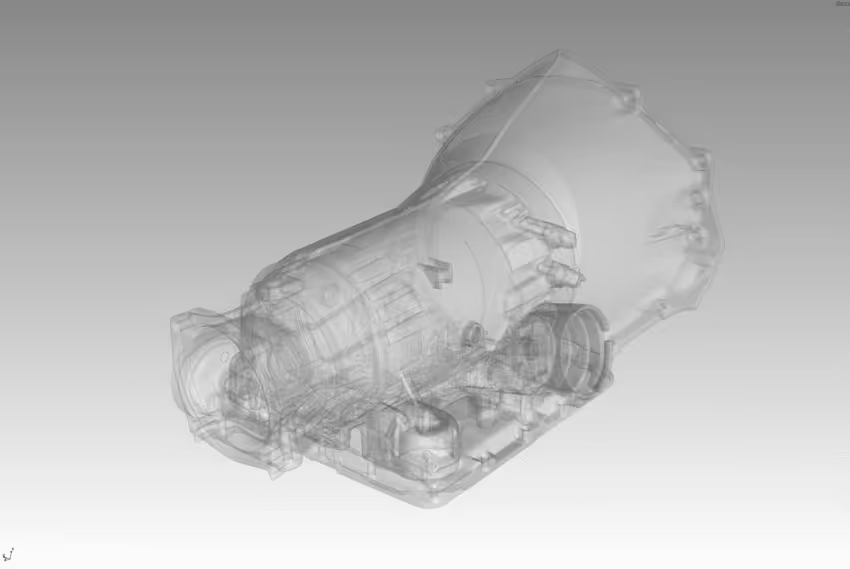
Failure Analysis Laboratory
Failure analysis is a critical step in addressing a reliability or performance issue with one of your products. Sophisticated tools help you get to the root of the problem quickly and determine how to correct the underlying issue. As part of our commitment to bringing innovative testing solutions to demanding clients, we offer x-ray computed tomography (CT) scanning and other services through our Belcamp failure analysis laboratory. Non-Destructive vs. Destructive Testing Non-destructive failure analysis testing can range from visual inspections to CT scanning, X-ray fluorescence spectroscopy and other methods. Non-destructive testing methods are typically employed first, as they don’t permanently alter the device being tested. Destructive testing, such as thermal and cross-section analyses, provide information non-destructive testing can’t, but render the device unusable and, in many cases, unsuitable for further testing. Both non-destructive and destructive testing methods may be required to get to the root cause of a product failure. One of the benefits of working with an expert team that we tailor our investigations to deliver the best results for the situation. Markets Served Our expanded testing capabilities allow our team to provide a range of failure analysis services. We can perform testing on:
These are just a few of the many applications and testing services we offer in our Blaboratory. The facility, located conveniently outside of Washington, DC, is an ISO/IEC 17025:2005-accredited lab that is fully certified to perform demanding work for government clients such as the National Institute of Justice, U.S. Army and U.S. Department of State. Our Belcamp, MD lab is fully equipped to test devices of any size or configuration. We can help you quickly and accurately diagnose an issue and suggest corrective action that will limit your liability and improve the performance of your product.